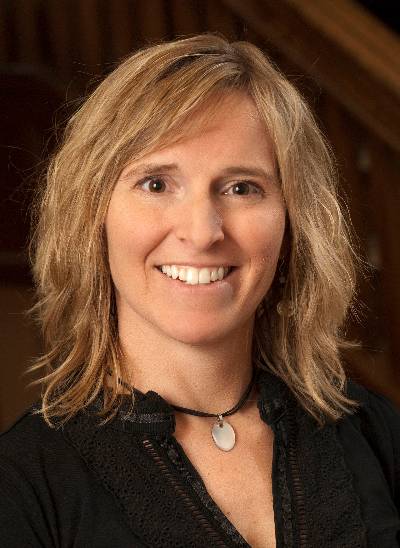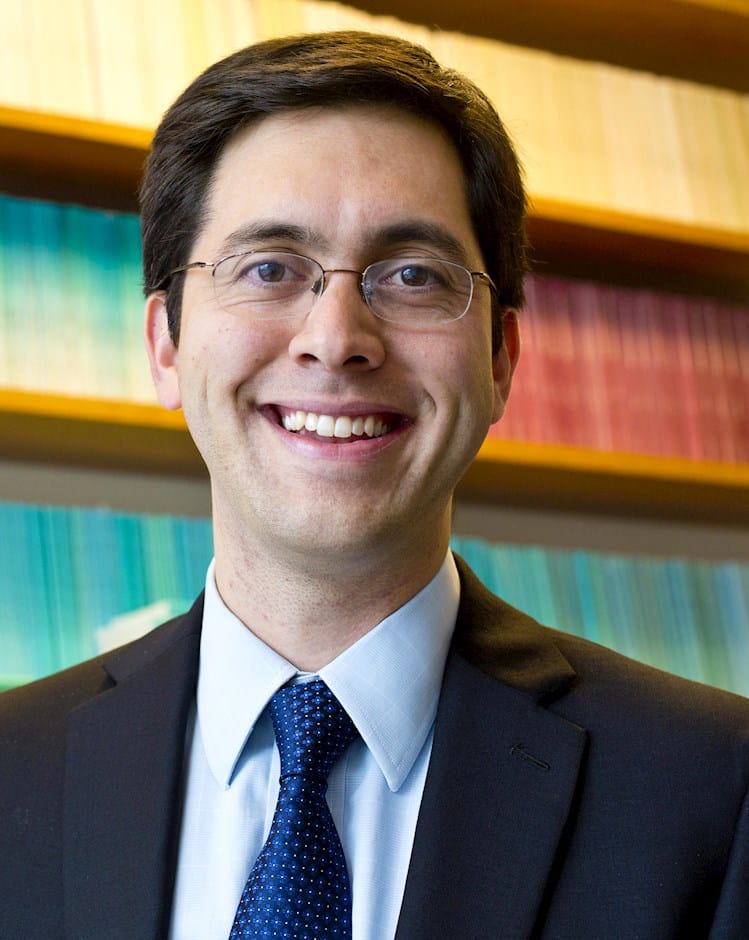Speaker Bios

Wendy Stock
Director
Initiative of Regulation and Applied Economic Analysis
Wendy Stock is a professor of economics in the Department of Agricultural Economics and Economics (DAEE) at Montana State University. She joined the DAEE in 2000 and served as the DAEE Department Head from 2006-2016. She earned M.A. and Ph.D. degrees in economics from Michigan State University and a B.A. in economics from Weber State University. Her research focuses on two primary areas: (1) the impacts of labor market policies and (2) economics education. Her research in the area of labor market policies has focused on the impact of Medicaid access on crime, education, and other outcomes, as well as the impacts of disability, race, sex, and age discrimination legislation. Her research in economic education focuses on ways to improve economics teaching and learning across the world. Prior to joining the DAEE, she was an assistant professor of economics at Kansas State University. Her research focuses on two primary areas: (1) the impacts of labor market policies and (2) economics education. Her research in the area of labor market policies has focused on the impacts of disability, race, sex, and age discrimination legislation and on the impacts of no-fault divorce and family leave policies.

Andrew Goodman-Bacon
Senior Research Economist
Opportunity & Inclusive Growth Institute
Federal Reserve Bank of Minneapolis
Andrew Goodman-Bacon is a senior research economist with the Opportunity & Inclusive Growth Institute at the Minneapolis Federal Reserve and a faculty research fellow in the National Bureau of Economic Research. Prior to this role, he was an assistant professor of economics at Vanderbilt University and a Robert Wood Johnson Scholar in Health Policy Research at the University of California, Berkeley. Andrew received a B.A. in economics and statistics from Macalester College and M.A. and Ph.D. degrees in economics from the University of Michigan. His research focuses on policy issues related to labor, demography, health, and public economics. Of particular interest to Andrew are the effects of the policies created under the War on Poverty in the 1960s.

Matthew Notowidigdo
Professor of Economics
University of Chicago
Matthew J. Notowidigdo studies a broad set of topics in labor economics and health economics. In labor economics, his research has focused on understanding the causes and consequences of long-term unemployment and the economic effects of unemployment insurance over the business cycle. Notowidigdo’s research in health economics focuses on the effects of public health insurance on labor supply and the effects of income on health spending. He is currently working with several state governments on large-scale randomized experiments of existing social insurance programs. Notowidigdo earned a PhD in economics from Massachusetts Institute of Technology. He also holds a BS in economics, a BS in computer engineering, and a MEng in computer science.
